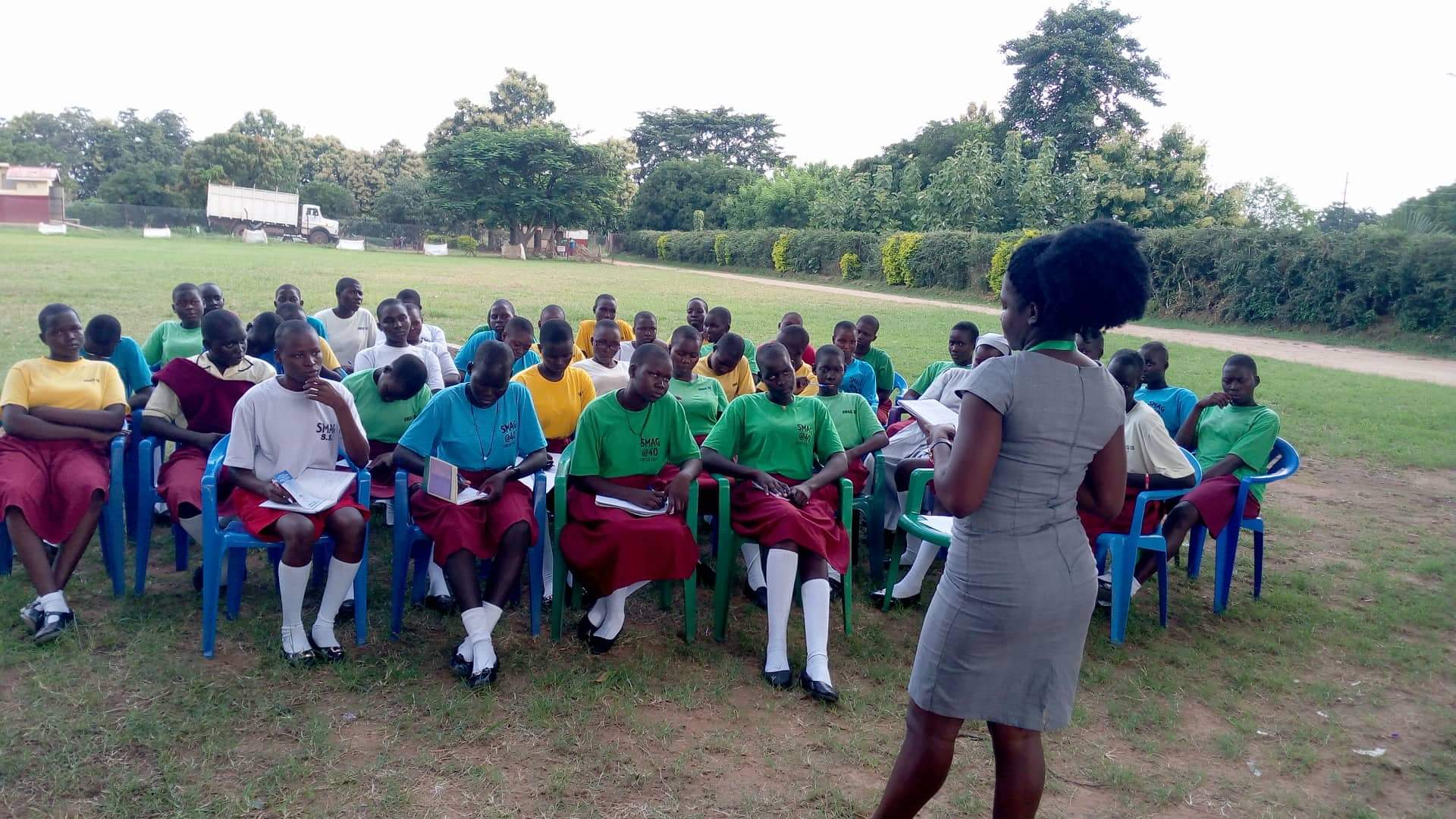Sexual and Reproductive Health and Rights (SRHR) are human rights!
They are fundamental human rights related to sexuality and reproduction. These rights allow people to make informed and meaningful decisions about their own sexual wellbeing, such as their sexual orientation, gender identity, relationships, sexual activity, family planning or their bodies. Knowing your rights is important for a good sexual and reproductive health.  Sexual and reproductive health and rights are in particular important to young people because it is their right to have access to the correct information and services to positively influence their sexual health and future lives. Sexual and reproductive health and rights are human rights. Human rights are rights that every single human being on earth is born with, for example the right to education, the right to health services or the right to choose your partner… The basic values and international standards of human rights are written in the Universal Declaration of Human Rights which is signed by 192 countries. Check out your Sexual & Reproductive Health and Rights: The right to equality
Sexual and reproductive health and rights are in particular important to young people because it is their right to have access to the correct information and services to positively influence their sexual health and future lives. Sexual and reproductive health and rights are human rights. Human rights are rights that every single human being on earth is born with, for example the right to education, the right to health services or the right to choose your partner… The basic values and international standards of human rights are written in the Universal Declaration of Human Rights which is signed by 192 countries. Check out your Sexual & Reproductive Health and Rights: The right to equality
- The right to participation
- The right to life and to be free from harm.
- The right to privacy
- The right to personal autonomy and to be recognised as an individual before the law
- The right to think and express oneself freely
- The right to health
- The right to know and learn
- The right to choose whether or not to marry or have children
- The right to have your rights upheld
Sexual and reproductive health and rights is an essential element of universal health coverage
Teenage pregnancy can rob girls of their potential by ceasing their education and giving them adult responsibilities. An estimated 18 million adolescent girls give birth every year.
Ensuring girls’ and young women realise their right to sexual and reproductive health and have control over their lives and bodies are critical to achieving gender equality.
 We work with partners around the world to enable access to quality sexual health services and eliminate harmful practices such as female genital mutilation (FGM) and child, early and forced marriage.
We work with partners around the world to enable access to quality sexual health services and eliminate harmful practices such as female genital mutilation (FGM) and child, early and forced marriage.
Gender inequality and discrimination against girls mean they are often robbed of the right to make their own life decisions – from what happens to their bodies, to when and to whom they marry.


